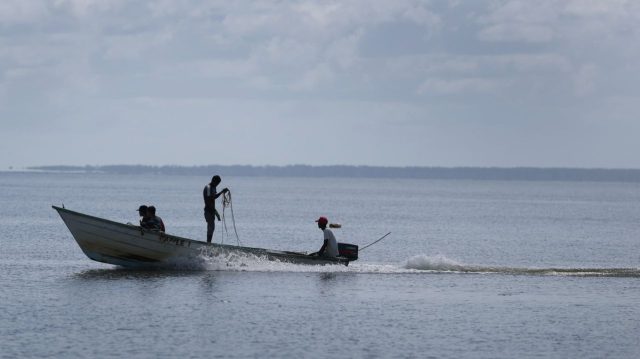
What happened
Britain has paused an intelligence-sharing partnership with the U.S. over the Trump administration’s controversial military strikes on boats it claims are being used for drug smuggling through the Caribbean, CNN and other news organizations reported Tuesday.
Colombian President Gustavo Petro Tuesday said his country had also suspended intelligence sharing with the U.S. until it stops bombing civilian boats. The U.S. has acknowledged 19 boat strikes, killing 76 people.
Who said what
Britain stopped passing drug-trafficking intelligence from its Caribbean territories to the Pentagon’s Joint Interagency Task Force South in September, to avoid being “complicit in U.S. military strikes” it believes “violate international law,” CNN said, citing sources familiar with the matter. The U.K. decision “marks a significant break from its closest ally and intelligence sharing partner” and reflects “growing skepticism over the legality” of the U.S. strikes.
The U.S. “gathers intelligence from a variety of sources, so the loss of the information from Britain will not seriously undercut American operations in the region,” The New York Times said, citing U.S. officials. But Colombia’s intel halt is a “significant blow to the Trump administration’s anti-narcotics operations in the region,” The Washington Post said. “Some 85% of all actionable intelligence used by the Joint Interagency Task Force South” between January 2024 and this June “originated in Colombia,” according to data cited by Rep. Gregory Meeks (D-N.Y.).
Canada has also “distanced itself” from the boat attacks, CNN said. “Concerns about the legality of the strikes” have been raised by “senior U.S. defense officials” as well, including Defense Department lawyers and Adm. Alvin Holsey, who is leaving his post as commander of U.S. Southern Command after a “tense meeting last month” with Defense Secretary Pete Hegseth and top military leaders.
What next?
Any involvement in the U.S. operation “could have legal implications for the United Kingdom,” Brian Finucane at the International Crisis Group told The Guardian. “There’s no serious argument there is anyone other than civilians on these small boats, despite what the U.S. government says,” so that’s an “obvious concern” for “countries who could in some ways be supporting these lethal strikes.”
Both countries have suspended intelligence sharing with the US over the bombing of civilian boats suspected of drug smuggling






